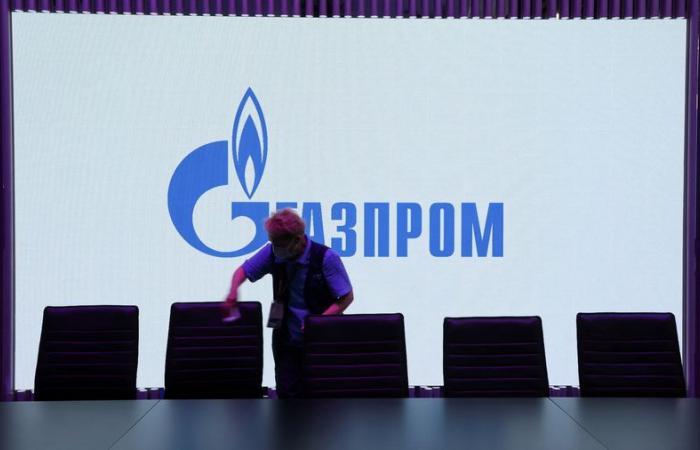Stopping Russian gas deliveries to Moldova's breakaway region, Transnistria, after January 1, 2025 is a “very realistic” scenario, Energy Minister Victor Parlicov said on Wednesday after discussions with the Russian company Gazprom.
Mr. Parli?ov met on Monday with the head of Gazprom to discuss alternative routes to supply Transnistria in the event of a halt to transit through Ukraine.
The current gas transit agreement between Ukraine and Russia ends on December 31 and Ukraine has said it will not extend it. The unrecognized and Russian-backed Transnistria region relies heavily on Russian natural gas supplied via Ukraine.
Parli?ov told a press briefing in Chisinau that Gazprom was ready to supply gas to Transnistria via the current route, but it was up to Moldova and Ukraine to step up. agreement on transit.
“From the discussions I had with my Ukrainian colleagues, I understand that if the decision to continue the transit is taken, it could be at the last moment,” Parli?ov said.
Moldova receives around 2 billion cubic meters of gas per year from Russia via Ukraine, and since 2022, Tiraspol and Chisinau have agreed that all Russian gas received by Moldova will be delivered to Transnistria.
Transnistria has a large power plant powered by Russian gas and Chisinau, in return, buys electricity from Tiraspol at a relatively low fixed price.
ALTERNATIVE ROUTE
Moldova said that if Ukraine ends the transit of Russian gas, Transnistria could be supplied with gas through the TurkStream pipeline to Turkey and then via Bulgaria and Romania.
However, Parlicov said Gazprom had linked, during the discussions, the continuation of deliveries through other routes to its demand for payment by Chisinau of a debt relating to former gas deliveries to Moldova, which amounts, according to Russian calculations, to 709 million dollars.
Moldova said its debt stood at $8.6 million.
“We think it is wrong to link debt problems with deliveries (to Transnistria),” Mr Parli?ov said.
He said supplies through Ukraine and other routes could stop on January 1 and Chisinau would then need international support to pay for gas from other sources.
Gazprom has not yet commented on the meeting with the Moldovan minister.






